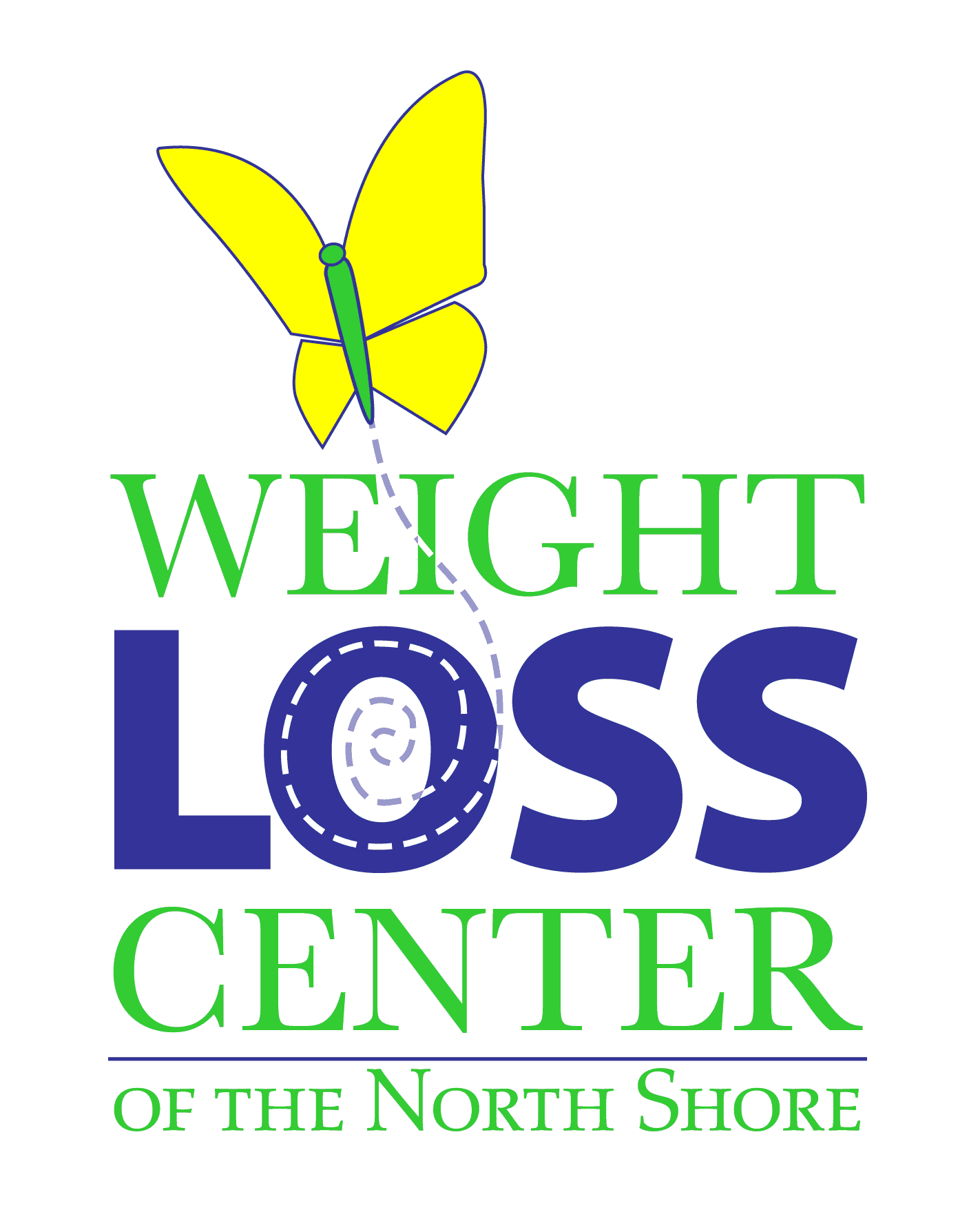Weight Loss Supplements: What You Need to Know
The allure of weight loss supplements has captured many's interest in quick and effortless weight management. Yet, the science behind these supplements is complex and often misunderstood. This article aims to provide a detailed, evidence-based understanding of weight loss supplements.
Understanding Weight Loss Supplements
Weight loss supplements vary widely in form and function. They include fat burners, which aim to increase fat metabolism; appetite suppressants, which reduce the feeling of hunger; and carb blockers, which claim to inhibit the digestion of carbohydrates. Each category works through different biological mechanisms.
The Science Behind Weight Loss Supplements
Caffeine: Found in coffee, green tea, and dark chocolate, caffeine is a popular ingredient in over-the-counter weight loss products. Studies show that caffeine can increase metabolism by 3-11% and enhance fat burning by up to 29%.
Green Tea Extract: Green Tea Extract is often lauded for its weight loss properties, primarily due to the compound EGCG (epigallocatechin gallate), which can boost metabolism. A study published in the International Journal of Obesity found that participants taking green tea extract burned more calories than placebo participants.
Garcinia Cambogia: A tropical fruit that gained popularity for its hydroxy citric acid, which is thought to aid weight loss. However, a review in the Journal of Obesity concluded that the effect of Garcinia Cambogia on weight loss is small and not statistically significant.
Most health professionals advocate for a balanced approach to weight loss. The American Heart Association emphasizes the importance of a healthy diet and regular physical activity over supplements for long-term weight management.
While weight loss supplements can offer temporary solutions, their effectiveness is varied and sometimes questionable. A holistic approach, combining a balanced diet, regular exercise, and medical advice, is key for sustainable weight management. Before considering weight loss supplements, we recommend consulting with a medical professional. The Weight Loss Center of The North Shore can provide personalized advice, ensuring safe and effective weight loss strategies. Contact us for more information and to schedule a consultation.
References:
Acheson KJ, et al. "Metabolic effects of caffeine in humans: lipid oxidation or futile cycling?" American Journal of Clinical Nutrition, 2004.
Dulloo AG, et al. "Efficacy of a green tea extract rich in catechin polyphenols and caffeine in increasing 24-h energy expenditure and fat oxidation in humans." International Journal of Obesity, 1999.
Onakpoya I, et al. "The Use of Garcinia Extract (Hydroxycitric Acid) as a Weight Loss Supplement: A Systematic Review and Meta-Analysis of Randomised Clinical Trials." Journal of Obesity, 2011.
Padwal R, et al. "A systematic review of drug therapy to delay or prevent type 2 diabetes." Diabetes Care, 2005.
Knowler WC, et al. "Reduction in the incidence of type 2 diabetes with lifestyle intervention or metformin." New England Journal of Medicine, 2002.
American Heart Association [https://www.heart.org/]
